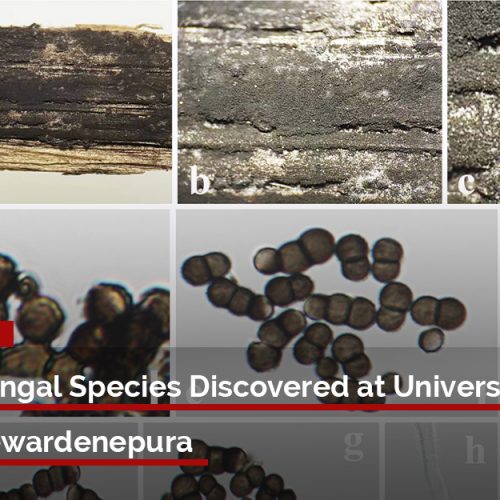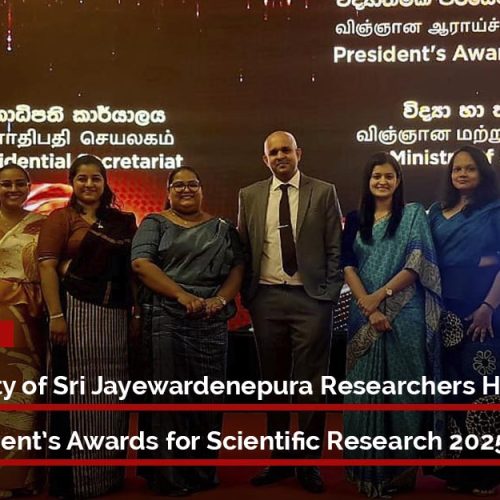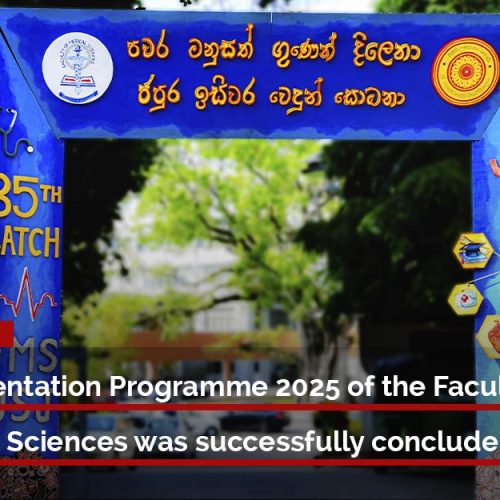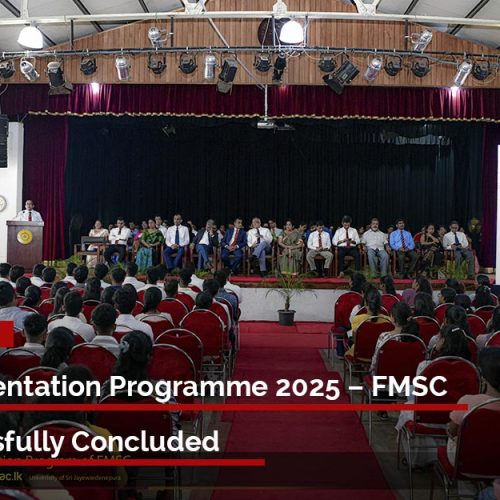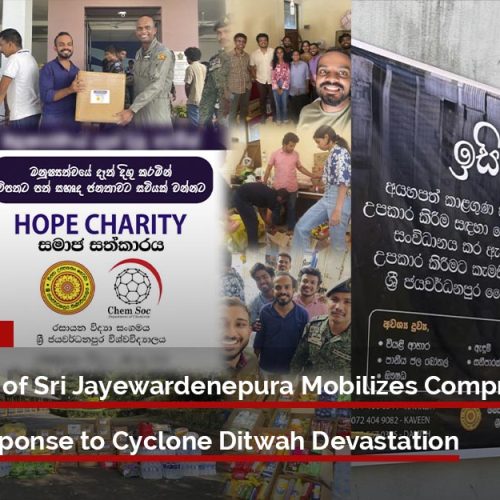
කේම්බ්රිජ් විශ්වවිද්යාලයේ තන්තුකවාහිනී වසංගත අධ්යයන ඒකකයේ නිලධාරීන් පිරිසක් 2018 ජුලි මස 26 වැනිදා ශ්රී ජයවර්ධනපුර විශ්වවිද්යාලයේ වෛද්ය විද්යා පිඨයේ මහජන වෛද්ය විද්යා අධ්යයනාංශයේ ක්ෂේත්ර සංචාරයක නිරත විය. ශ්රී ලංකාවේ බෝනොවන වසංගත රෝග අධ්යයන වැඩිදියුණු කිරීම මඟින් සෞඛ්ය පද්ධති ශක්තිමත් කිරීම ප්රධාන අරමුණ කරගත් මෙම වැඩසටහන පිලිබඳ වැඩිදුර විස්තර සඳහා පිවිසෙන්න : www.sjp.ac.lk/news/shines-begin-usjp-september-2018



















